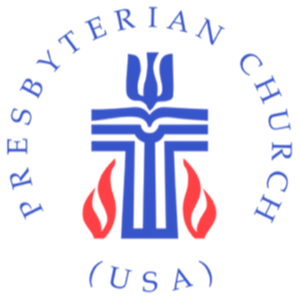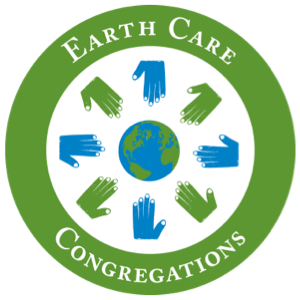If you’re looking for a rigid set of doctrines, we’re probably not the right church for you.
We encourage a “generous orthodoxy,” meaning that if you were to survey our pastors and members on the questions below, you’d find a healthy range of beliefs.
But how can people in the same church disagree about important questions?
Well, we also embrace paradox in our tradition, understanding that a “both/and” theology is more complex and nuanced than a black-and-white doctrine.
The responses below, written by our pastoral staff, aren’t “the answers” or what all Presbyterians believe, but we hope it gives you a sense of where we’re coming from.



